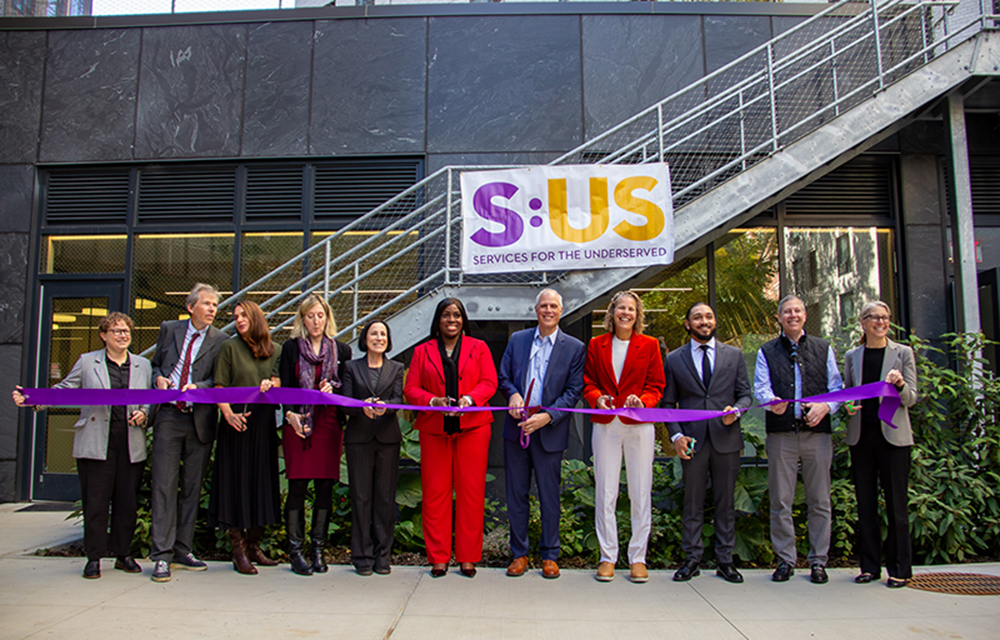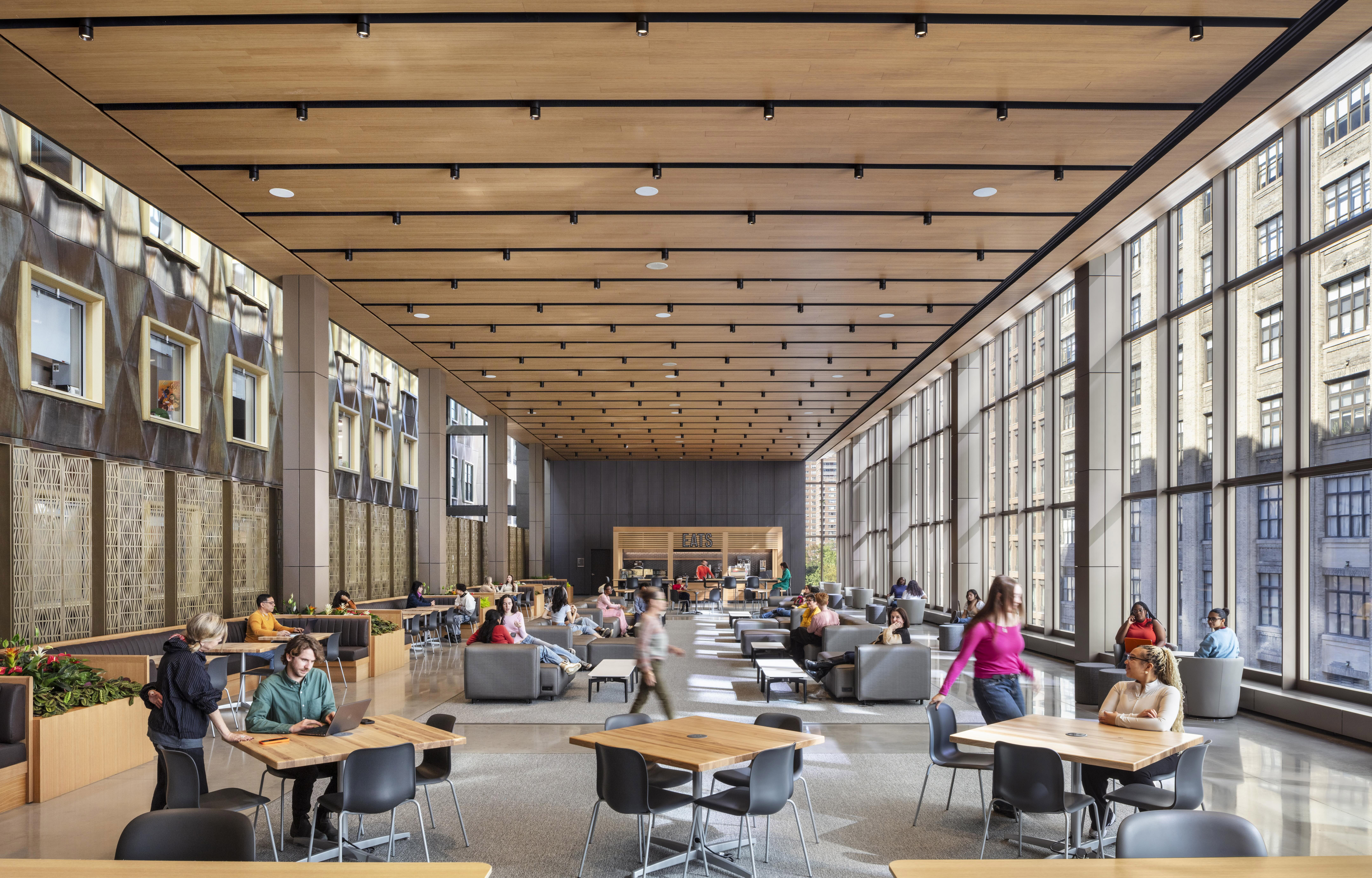News:
Construction Design & Engineering
Posted: June 13, 2011
George Awwad - Why commissioning/retro-commissioning can be beneficial for building owners
As old as the construction industry, commissioning is a process which allows a building owner or manager to be assured that all energy consuming systems in their new buildings are installed, calibrated and perform in accordance with the Owner's Project Requirements, Basis of Design and construction documents. It is important to note that, in most cases, the architect/engineer's Basis of Design follows codes and all industry standards that apply to the subject energy systems.
As commissioning applies to energy systems in newly constructed buildings, retro-commissioning applies to existing energy systems in existing buildings. Similar to commissioning, retro-commissioning is an effort to diagnose energy systems in existing buildings and expose their inefficiencies so the owners/managers can restore those systems as close to optimal performance as possible. In many cases, restoring the energy consuming systems to optimal operation is simple and involves simply reprogramming some of its controls, which is relatively inexpensive. In some other cases, significant costs are involved in order to replace items that are not performing at an optimal level. It is understandable that, in few remaining cases, the energy consuming systems in an existing building can be so old and so inefficient that it may cost more to rehabilitate them than to replace them. In such cases, entire system replacement is the ultimate solution.
Prior to LEED requirements and ASHRAE Guidelines 0 and 1, industrial processes that were intended to produce certain precise conditions for specific products were commissioned to give the owner assurance that the said product will not come out to the marketplace tainted or inaccurately as intended to reach the market place, due to some failures of the processes that were designed to ensure that the product comes out exactly as intended.
The FDA requires that all pharmaceutical companies validate any building process (a commissioning process with complete and certified commissioning documentation), which is intended to produce certain required conditions for drugs, so the FDA is ensured that these drugs are safe for public use.
Now, a commercial building owner may say: Why do I have to commission my building? My building is neither an industrial production site nor a pharmaceutical company!
The answer to this question is a single word: energy!
In the distant past, energy was more affordable (think back to the days of gas guzzling vehicles). As energy costs rise, we see fewer gas guzzling vehicles and more fuel efficient vehicles on the road.
In the present day, rising energy prices are increasing operating costs, and will continue to do so into the future.
No building owner can afford to waste energy, as the cost of energy reduces the owner's profit and will definitely push the building behind the competitiveness curve, especially in comparison to other buildings which have previously upgraded their energy-consuming systems.
Both commissioning and retro-commissioning focus on the building's energy-consuming systems (HVAC systems, domestic hot water systems, lighting systems and their controls) to optimize their energy performance.
The bottom line is that energy efficiency pays. Our firm recently generated an energy reduction plan for a building in Verona, New Jersey. Before the plan, the building owners paid $857,000 annually in utility bills. After implementing the plan, they will pay $470,000 annually in utility bills! Commissioning is important because it ensures that the building's systems are operating optimally and hence consume the lowest amount of energy possible.
The difference between energy consumed in systems that have been commissioned versus energy consumed in systems that have not been commissioned can vary. In our experience, the smallest malfunction within the heating/cooling system and their controls can cause the system to be far less efficient than it was designed to be. While problems with controls that affect the efficiency of the overall system may be remediated with very little expenditure most of the time, the energy wasted will be reflected on your utility bills.
Regardless of the good intentions of owners and many HVAC contractors, many buildings still continue to waste unnecessary energy.
For example, a school cafeteria HVAC unit was installed with a 25 KW electric heating coil. The contractor set the system to run full cooling and, when the temperature in the space drops below the set point, the electric coil stages on to maintain space temperature at a set point. In layman's terms, simultaneous cooling and heating waste energy, even in new buildings. Commissioning/retro-commissioning your building can catch these issues before it's too late.
In summary, commissioning of new facilities and retro-commissioning of existing facilities will save you a great amount of money. It will reduce your utility bills. It will put you ahead of the competitiveness curve, and it will increase the rate of return on your investments.
George Awwad, PE, CEM, LEED AP, CBCP, is MEP/Energy division head for The Falcon Group, Bridgewater, N.J.
MORE FROM Construction Design & Engineering
Troutbrook expands with boutique condo project and Marriott Fairfield Inn & Suites renovation
Brooklyn, NY For more than 25 years, Troutbrook/Freud Development has remained focused on executing design-driven projects across the city. Its latest ventures reflect both a continued push into boutique residential development and an expansion








.gif)
.jpg)

.gif)